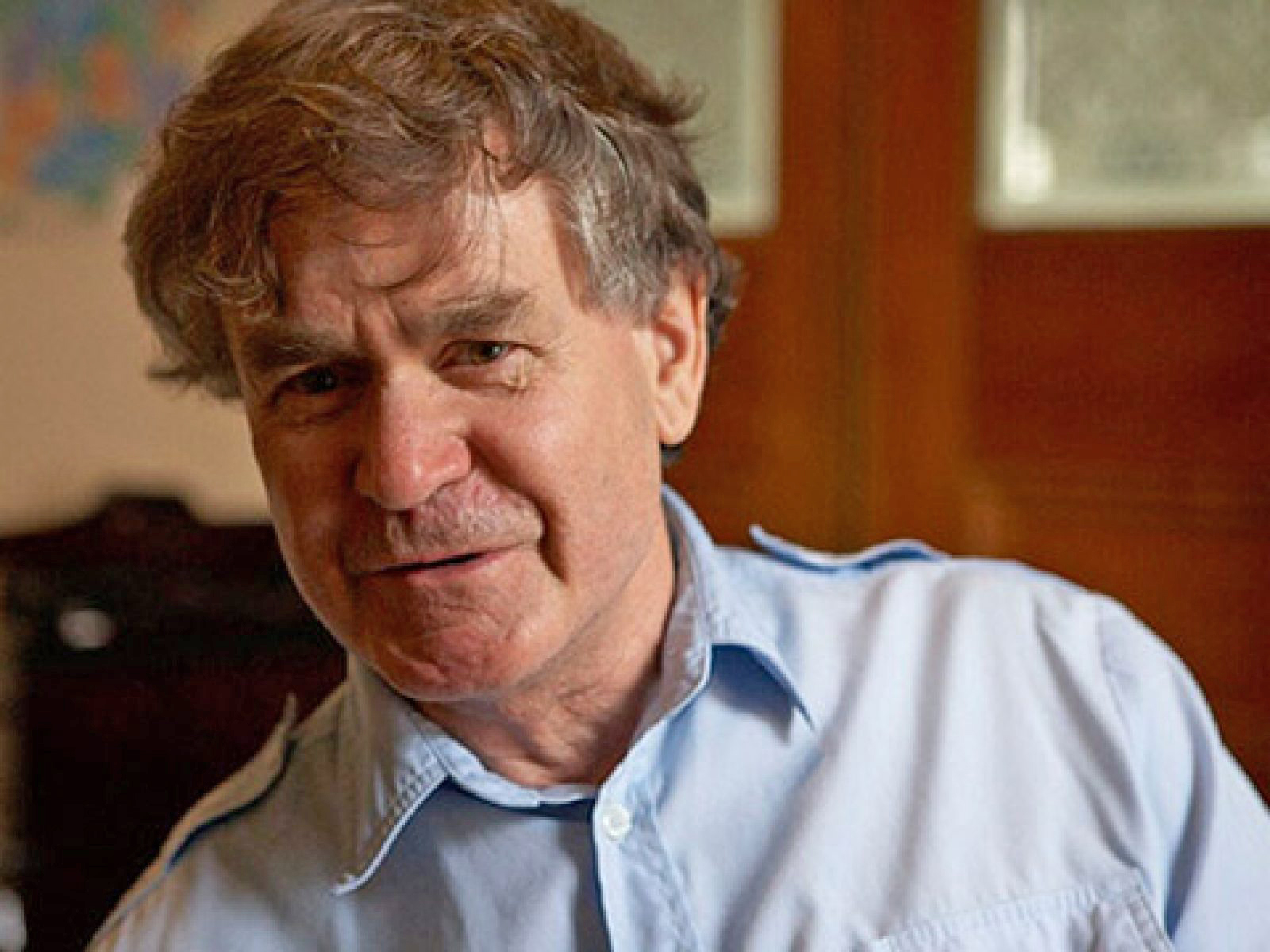Ian Hacking (1936-2023)
Ian Hacking, emeritus professor of philosophy at the University of Toronto and an influential figure in the philosophy of science, has died.

Professor Hacking is well known for his work across a range of subjects, including philosophy of science, the philosophy of probability, philosophy of math, philosophy of language, philosophy of mental illness, social construction, and the philosophy of history, among others. His books include The Logic of Statistical Inference (1965), The Emergence of Probability (1975), Why Does Language Matter to Philosophy? (1975), Representing and Intervening (1983), The Taming of Chance (1990), Rewriting the Soul: Multiple Personality and the Sciences of Memory (1995), Mad Travelers: Reflections on the Reality of Transient Mental Illnesses (1998), The Social Construction of What? (1999), Historical Ontology (2002), and Why Is There Philosophy of Mathematics at All? (2014). You can learn more about his writings here.
Hacking joined the faculty at Toronto in 1983. Prior to that, he held positions at Stanford University, University of Cambridge, University of British Columbia, University of Virginia, and Princeton University, as well as visiting appointments at a number of institutions. He was also Chair in Philosophie et histoire des concepts scientifiques at the Collège de France from 2000 to 2006. He earned his PhD from Cambridge and undergraduate degrees from Cambridge and British Columbia.
Over the course of his career, Hacking was the recipient of many fellowships, awards, and honors, the Killam Prize in 2002, the Gold Medal for Achievement in Research from the Social Sciences and Humanities Research Council of Canada in 2008, the Holberg Prize in 2009, and the Balzan Prize in 2014. In the citation for the Holberg Prize, the judges write:
Hacking has been called a “true bridge-builder”. He is so in several respects. Hacking’s approach is historical, interdisciplinary, and always highly original. Furthermore, his research is a central contribution to bridging the gap that characterised the academic debates of the latter decades of the 20th century on how to understand science. This gap often manifested itself in terms of contested understandings of scientific knowledge, and in particular around the degree to which scientific knowledge was to be seen as socially and historically constructed. Always far from the trenches of these so-called Science Wars, Hacking paved the way forward and showed by example how analytical and historical perspectives may work in combination.
He died on May 10th.
The University of Toronto Department of Philosophy has posted a memorial notice here. Hacking’s “wide-ranging work probed foundational questions about the nature of concepts,” it says, and notes and that he is credited with “bringing a historical approach to the philosophy of science.”
UPDATES:
- Essays, book reviews, and letters by Hacking published in the London Review of Books, as well as a few articles that mention him, are collected here.
- New York Times obituary
- Washington Examiner obituary


You left out Representing and Intervening (1983) which contains one of the best sentences in the realism/anti-realism debates in philosophy of science: “if you can spray them, then they are real.” It’s a fantastic book, for those not familiar with it.
Thank you. I’ve just added it.
he will be missed, sad that his work (and Andrew Pickering’s related work) is largely unknown while Latour is celebrated.
He was one of the great thinkers of his generation, and could combine philosophy with history and science in a way that was unmatched by his contemporaries, even Latour. And, if that’s not enough, he was such a beautiful stylist. His sentences could sometimes achieve an economy that most of us can only dream of. Many of us lost touch with him in recent years and I think we thought we would still somehow see him again. Much loss.
His writing was well suited to his mode of inquiry, unlike Latour he came to his abstractions/conclusions after his research and not before.
Coming across Ian Hacking’s work was personally an influential moment for me in coming to recognize the value of philosophy. I picked up Social Construction of What? on a whim from the library since it had a catchy title, and I was struck by the clarity and power he achieved in that book by careful conceptual analysis applied to historically and scientifically rich cases. It completely changed my perspective on philosophy: I went from thinking that philosophy was largely useless wordplay to thinking that it was an essential discipline. This initial influence snowballed into me eventually switching to philosophy from physics (for good or ill).
RIP Prof. Hacking.
An important addition to Hacking’s professional appointments: he was holder of the Chair in Philosophie et histoire des concepts scientifiques at the Collège de France from 2000 to 2006. As such, he was one of very few non-French ever appointed as ‘statutary chairs’ to the Collège de France.
Thanks. I’ve added this information to the post.
The London Review of Books has brought from behind its paywall
Sadly, it seems like they are only free if you’ve not used up your “free article limit”, or at least that’s what it’s telling me. If you’ve not read many LRB articles recently, or have some way to hide your identity, I recommend reading these as they are, among the ones I’ve read, very good.
Thanks, Matt. I’ve changed the wording on the update about the LRB articles.
One helpful tip to get around this problem is to go to https://archive.ph/ and copy and paste the link in the box at the top of the page. This enables you to read the archived page. Happy reading!
Hi,
Yes, a great philosopher and writer. I once took a graduate class in philosophy of science with him at the University of Toronto. Thanks!
Chris Bocay
Science and the Law of Attraction